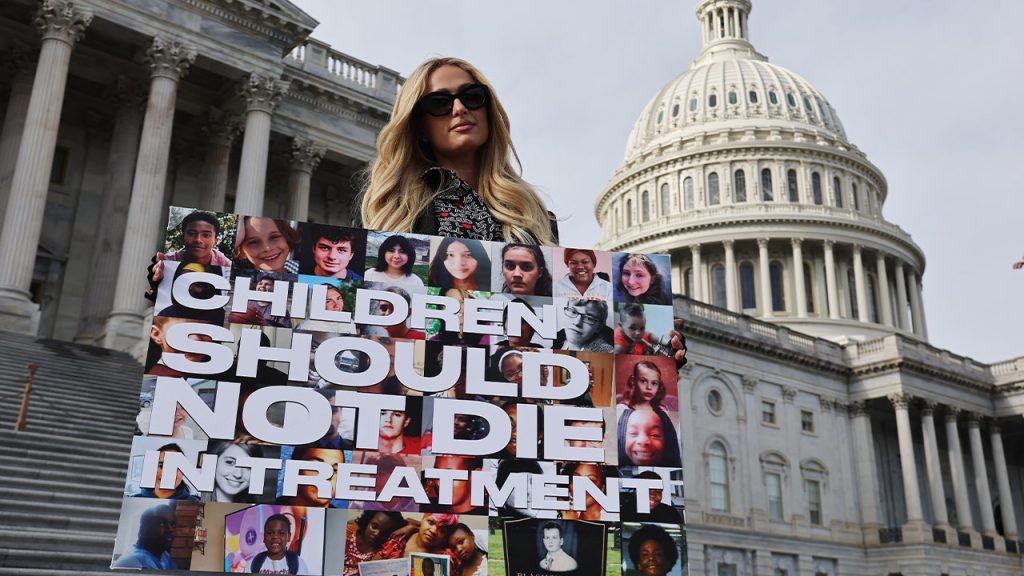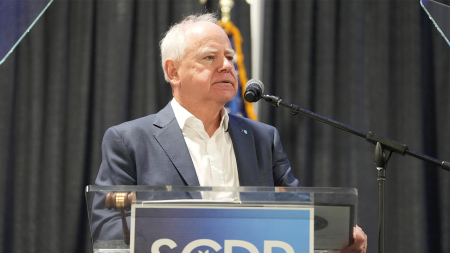Paris Hilton’s tireless advocacy for institutionalized youth has culminated in a monumental victory with the passage of the “Stop Institutional Child Abuse Act.” This bipartisan bill, having received unanimous approval in the Senate and subsequent passage in the House, is now poised to become law with President Biden’s signature. This landmark legislation marks a turning point in the fight against institutional child abuse, promising increased oversight and accountability within youth residential treatment facilities. Hilton’s personal experience as a survivor of abuse within such a facility fueled her unwavering commitment to this cause, transforming her from a celebrity figure into a powerful advocate for vulnerable children.
The “Stop Institutional Child Abuse Act” mandates a comprehensive study by the National Academies of Sciences, Engineering, and Medicine to examine the current state of youth residential programs. This study, to be conducted within 45 days of the bill’s enactment, will delve into the prevalence, severity, and scope of child abuse, neglect, and even deaths occurring within these institutions. Crucially, the investigation will also shed light on the funding sources for these programs, both at the state and federal levels, potentially uncovering conflicts of interest or inadequate resource allocation. The resulting reports, to be submitted every two years for a decade, will offer invaluable insights and recommendations for improving the safety and well-being of institutionalized youth.
Beyond data collection, the Act emphasizes the importance of training professionals who interact with institutionalized children. It mandates recommendations for enhanced training programs that equip staff with the skills to identify and address potential abuse, as well as implement positive behavioral interventions. This focus on proactive measures aims to prevent future harm and foster a more supportive environment within these facilities. Hilton’s personal involvement has driven this comprehensive approach, ensuring that the Act addresses not only the reactive investigation of abuse but also the proactive prevention of such incidents.
Hilton’s journey from survivor to advocate has resonated deeply with lawmakers and the public alike. Her willingness to share her own traumatic experiences has given voice to countless other survivors and sparked a national conversation about the need for reform in youth residential treatment facilities. This personal narrative, combined with her persistent advocacy, has been instrumental in garnering bipartisan support for the bill. The overwhelming consensus in both the Senate and the House demonstrates the urgency and importance of addressing this issue, transcending political divides.
The passage of this Act is not only a testament to Hilton’s dedication but also a victory for the countless survivors who have bravely shared their stories. It signals a shift towards greater accountability and transparency within the “troubled teen industry,” an industry long shrouded in secrecy and often operating with minimal oversight. This legislation represents a significant step towards dismantling the systemic issues that allow abuse to flourish within these institutions and establishing a framework for protecting vulnerable children.
The “Stop Institutional Child Abuse Act” promises a brighter future for institutionalized youth, offering hope for a safer and more nurturing environment. Hilton’s tireless efforts and the bipartisan support for this legislation send a powerful message: that the voices of survivors matter, and that change is possible. This landmark achievement is a crucial step towards ensuring that no child endures the horrors of institutional abuse in silence. The continued dedication of advocates like Hilton, coupled with the ongoing oversight mandated by this Act, will be instrumental in fostering a system that truly protects and supports the well-being of every child.










